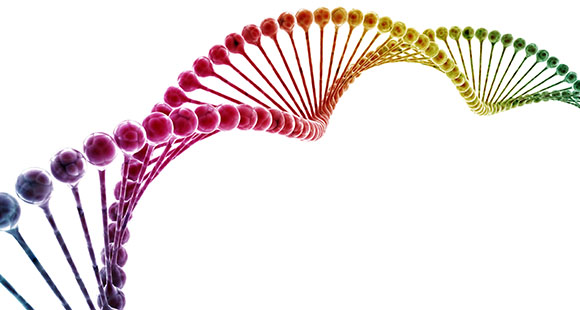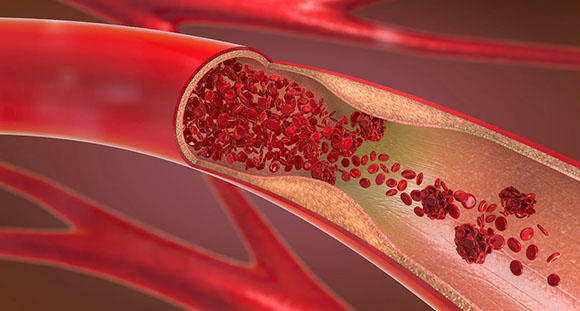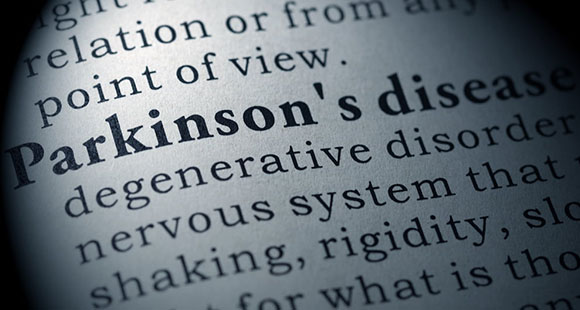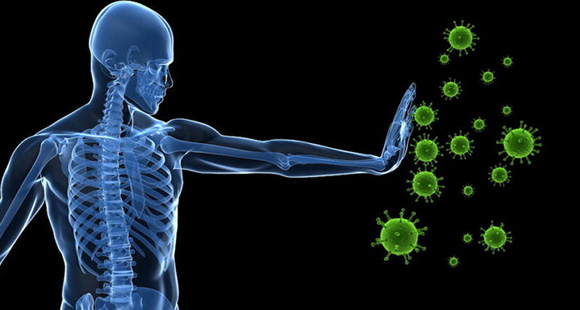
What is Medical DNA?
Medical DNA refers to a clinical test that analyses over 300 DNA markers from your genes and epigenetics to assess:
- Your genetic predisposition to certain health conditions, such as diabetes, cardiovascular conditions, and high blood pressure.
- Your genetic risk factors for traits like gluten sensitivity, skin ageing, and injury susceptibility.
- Potential nutrient deficiencies or imbalances based on your genetic makeup.
- Your genetic response to stress and factors influencing mental well-being.
This test is distinct from heritage DNA testing, as it focuses specifically on your health-related genetic information.
Find out more how MansMatters can help you.
Contact us for a complimentary 20-minute consultation with our men's health specialists.
Arrange a Free Telephone Consultation
Book a Treatment or Diagnosis
Receive More Information

Why do I need a
Medical DNA test?
Knowledge is power.
Understanding your DNA can help you make informed decisions about your health. By identifying genetic predispositions, you can better manage existing health conditions, take proactive steps to reduce the risk of certain diseases, and optimise your overall health and well-being.
The earlier you understand your genetic makeup, the more empowered you are to manage your health and improve your quality of life.


How can I do it?
Our medical consultant will guide you through the process, explaining each step. A saliva sample will be taken, and we will outline the specific aspects we are analysing. After a few weeks, you will receive a detailed report with the results.
The report will include information on the genes of interest, the factors being examined, the findings, and recommendations based on the results, along with references to relevant research.
Find out more how MansMatters can help you.
Contact us for a complimentary 20-minute consultation with our men's health specialists.
Arrange a Free Telephone Consultation
Book a Treatment or Diagnosis
Receive More Information
Examples of areas of interest in Medical DNA
- Injury Risk - Understanding your genetic predisposition to issues like knee injuries, Achilles tendon concerns, or lower back problems can help you make informed choices about exercises that are better suited to your body, supporting injury prevention and overall well-being
- Gut Health - Understanding your genetic predisposition to gluten intolerance, gut sensitivity, and stress-related digestive issues can help you make informed dietary choices to support digestive comfort.
- Immunity - Understanding your genetic predisposition to immune function, susceptibility to colds and flu, and stress-related physical symptoms can help you make informed choices to reduce risk by practising good hygiene and stress management.
- Eye Health - Understanding your genetic predisposition to conditions like cataracts, glaucoma, or age-related vision changes can help you make informed choices to support your eye health
- Heart Health - Understanding your genetic predisposition to factors like high blood pressure, salt sensitivity, and cardiovascular health can help you make informed choices to support your heart health.
- Skin Health - Understanding your genetic predisposition to sun sensitivity, skin ageing, and wrinkle formation can help you make informed choices, like managing sun exposure.
- Mental Health - Understanding your genetic predisposition to factors like memory, attention span, and cognitive abilities can help you make informed choices to support brain health.
- Diet - Understanding your genetic predisposition to factors like vitamin deficiencies, nutrient imbalances, metabolism, and how your body responds to foods like carbohydrates and proteins can help you make informed choices to manage your health and optimise well-being.

In depth information on DNA
Your DNA is present in every cell of your body, carrying thousands of genes inherited from your ancestors. Each gene "expresses" itself, similar to following a recipe in a kitchen. Think of DNA as a cookbook, where each gene is a specific recipe that the cell reads to produce what it needs, such as proteins. This process helps cells perform essential functions, from growth to supporting digestion.
The human genome has been mapped, allowing us to better understand the role of each gene. DNA serves as the instruction manual for building and maintaining your body.
Genes are specific sections of DNA, like individual instructions in this manual, each determining how different aspects of your body are formed. For instance, some genes influence traits like hair colour, while others play a role in immune function.
Gene expression involves the cell reading a gene's instructions to create a messenger molecule (mRNA), which carries the instructions to the area where proteins are made. The cell then produces proteins based on these instructions, which could range from components influencing eye colour to enzymes that help with digestion. This process regulates when, where, and how much of each protein is made, affecting both how your body functions and how you look.


Knightsbridge
Richmond
Related Medical Conditions
Lifestyle
Men's Health
Erectile Dysfunction & Other Conditions
Useful Links
MansMatters is a Division of:

Privacy Policy | Terms & Conditions
















